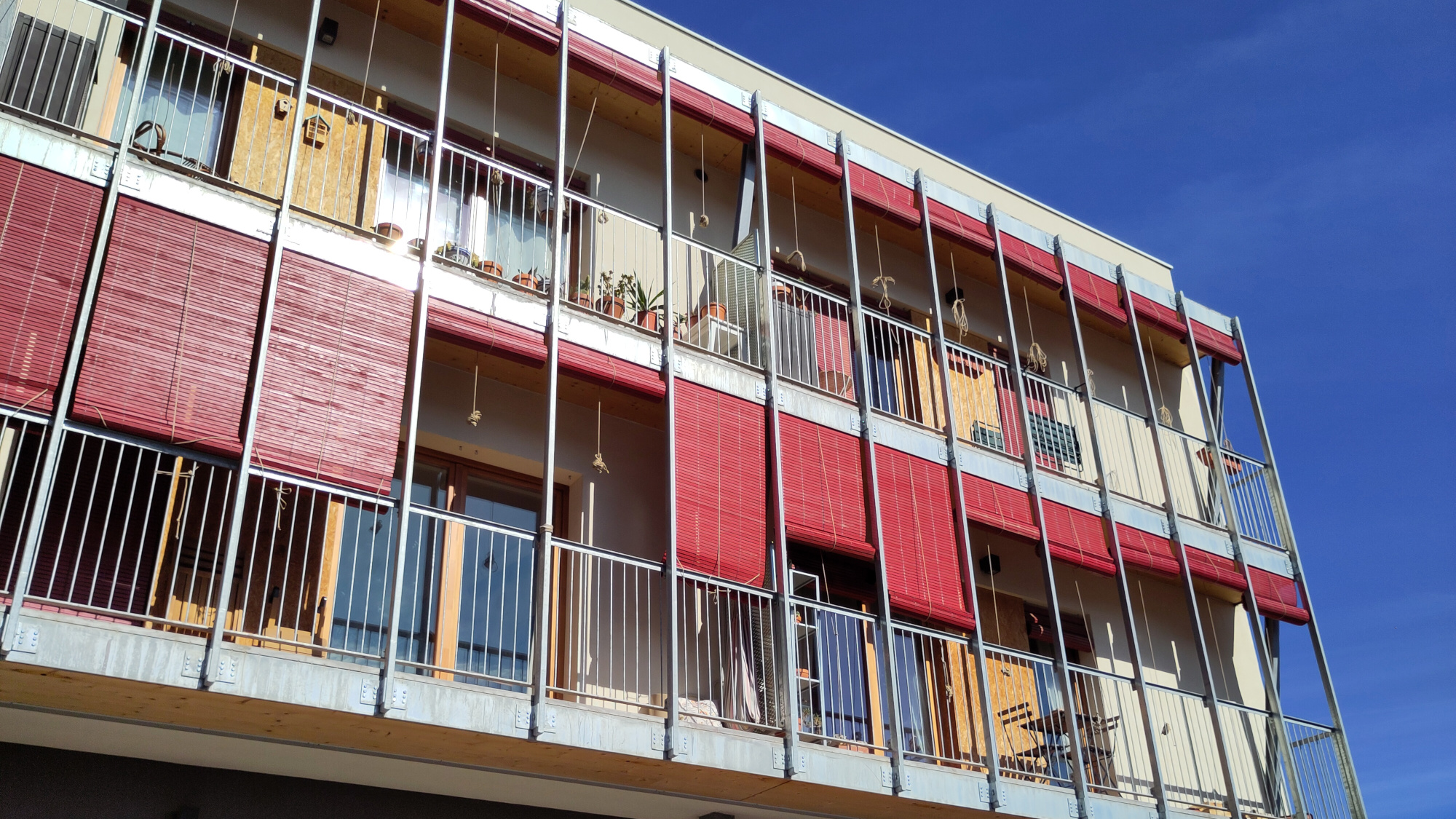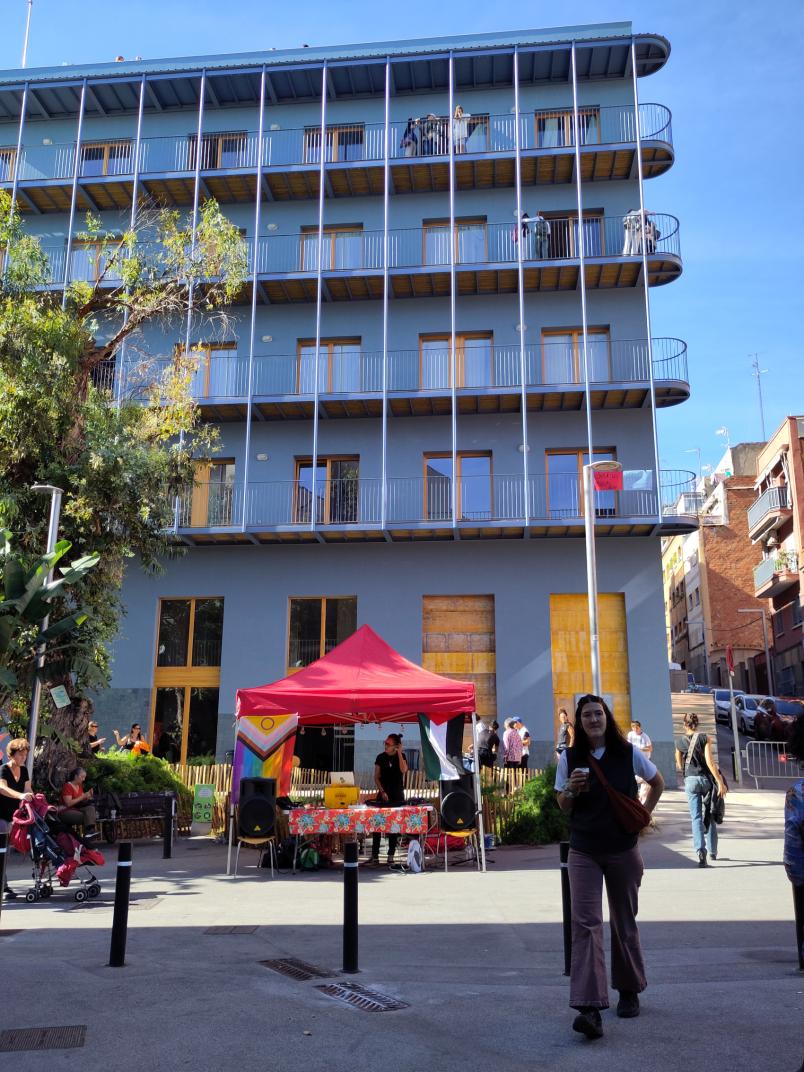
Politecnico won a “Consolidator Grant” from the prestigious European Research Council h Council

A prestigious grant from the European Research Council was won today at Politecnico di Torino. Dr. Mara Ferreri, a researcher at the Interuniversity Department of Regional and Urban Studies and Planning-DIST, was awarded an ERC Consolidator-type grant of about 2 million euros for her project EnactDECOM-Enacting Decommodified Housing in Southern Europe.
The focus of the study is on social, economic and political innovation to ensure access to secure and decent housing, a key contemporary challenge in the promotion of more inclusive and sustainable cities. All over the world, urban and housing professionals, public administrations and civil society organizations are looking for solutions to growing housing inequalities. In this context, the decommodification of housing, that is, the removal of housing units from the speculative market, outlines a transformative pathway toward a more equitable urban future.
The project of Mara Ferreri - currently a researcher at Politecnico di Torino and Visiting Senior Research Fellow at the London School of Economics, with a PhD in Geography from Queen Mary University of London and a Marie Skłodowska-Curie Postdoctoral Fellowship from the Universitat Autónoma de Barcelona – sits across urban geography and housing studies. The project proposes an interdisciplinary approach to the topic, from cultural geography to urbanism, which is common in Northern Europe but still little explored in the South of the European continent.
Central to the proposed research is the use value of housing and its management by residents as a means of counteracting the exclusionary dynamics caused by the rising cost of rents and properties for sale, and the growing problem of “touristification” and short rentals. The starting point is to understand how even in Southern Europe – in countries such as Italy, Spain, Portugal and Greece - despite a historically unfavorable context, new and effective housing models are emerging from the bottom up. The project will extend scholarly debate on collaborative and non-speculative forms of housing beyond Northern Europe, where public policies have historically been more oriented to support these models.
The EnactDECOM project's ultimate goal is to propose a new theoretical model for understanding the emergence of non-speculative housing geographies even in unfavorable contexts and from practices of transformation and innovation on the ground.
The work will generate new knowledge on four dimensions: the recovery of “neglected histories” of models alternative to the speculative market; the analysis of how new forms of housing are able to respond to the various ongoing crise, such as labor, welfare, demographic winter and aging population, migration, discrimination and poverty; the study of the role of family relationships; and finally, the creation of new housing cultures and imaginaries.
The working method will be refined with input from local stakeholders and will include the study of spatial policies, the recovery and analysis of archival documents and oral histories, the analysis of social statistical data and housing markets, focus groups and interviews on people's housing trajectories, and participant observation of events coordinated by organizations working on the ground.
Politecnico di Torino, which has long taken the direction of increasing contamination between technical disciplines and the humanities and social sciences in housing issues, presents a fertile ground for the growth of projects of this kind. The work of EnactDECOM will be developed over the next five years and will involve the creation of a dedicated multidisciplinary and multilingual research group.
“There is now a broad scientific consensus on the exclusionary and unsustainable effects of current forms of access to housing in many contemporary cities – comments Mara Ferreri – It is time to go a step further and study how new, non-speculative models can offer an answer to multiple crises, and accompany the transition to a more equitable and sustainable urban future in Southern Europe as well”.